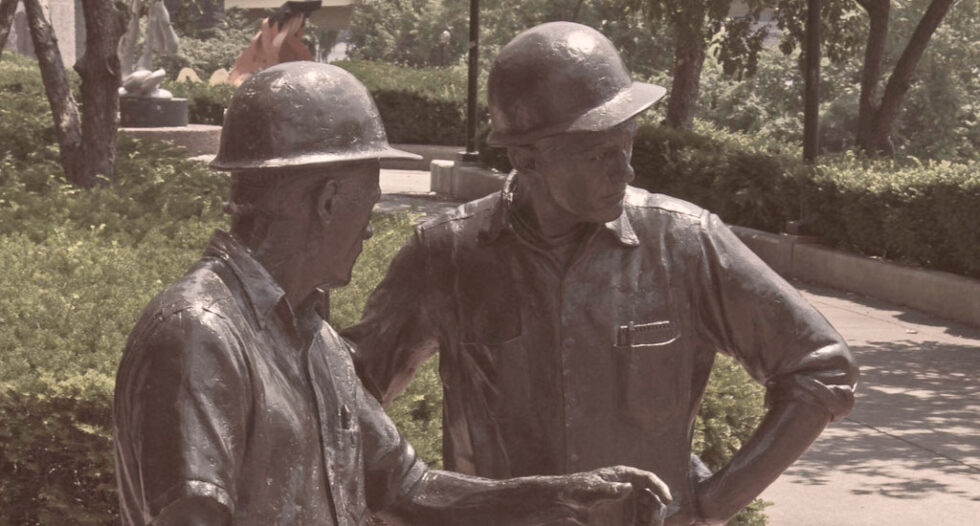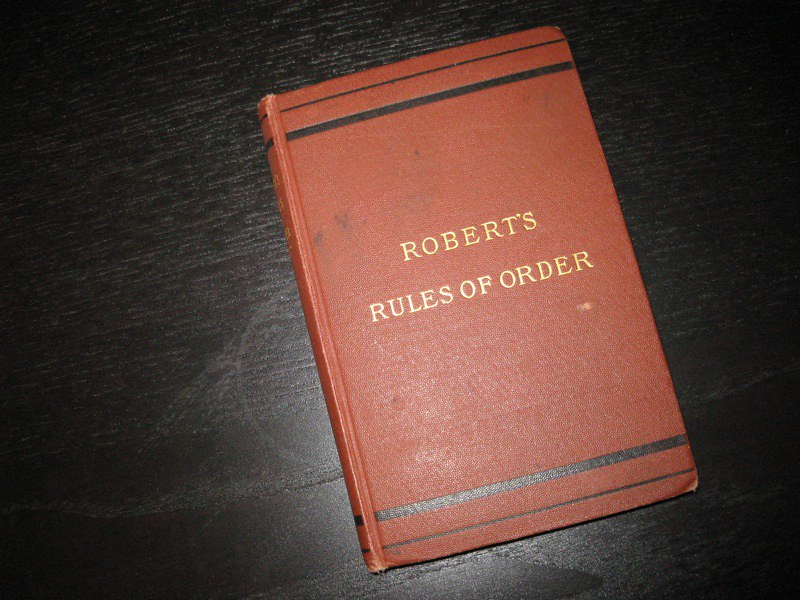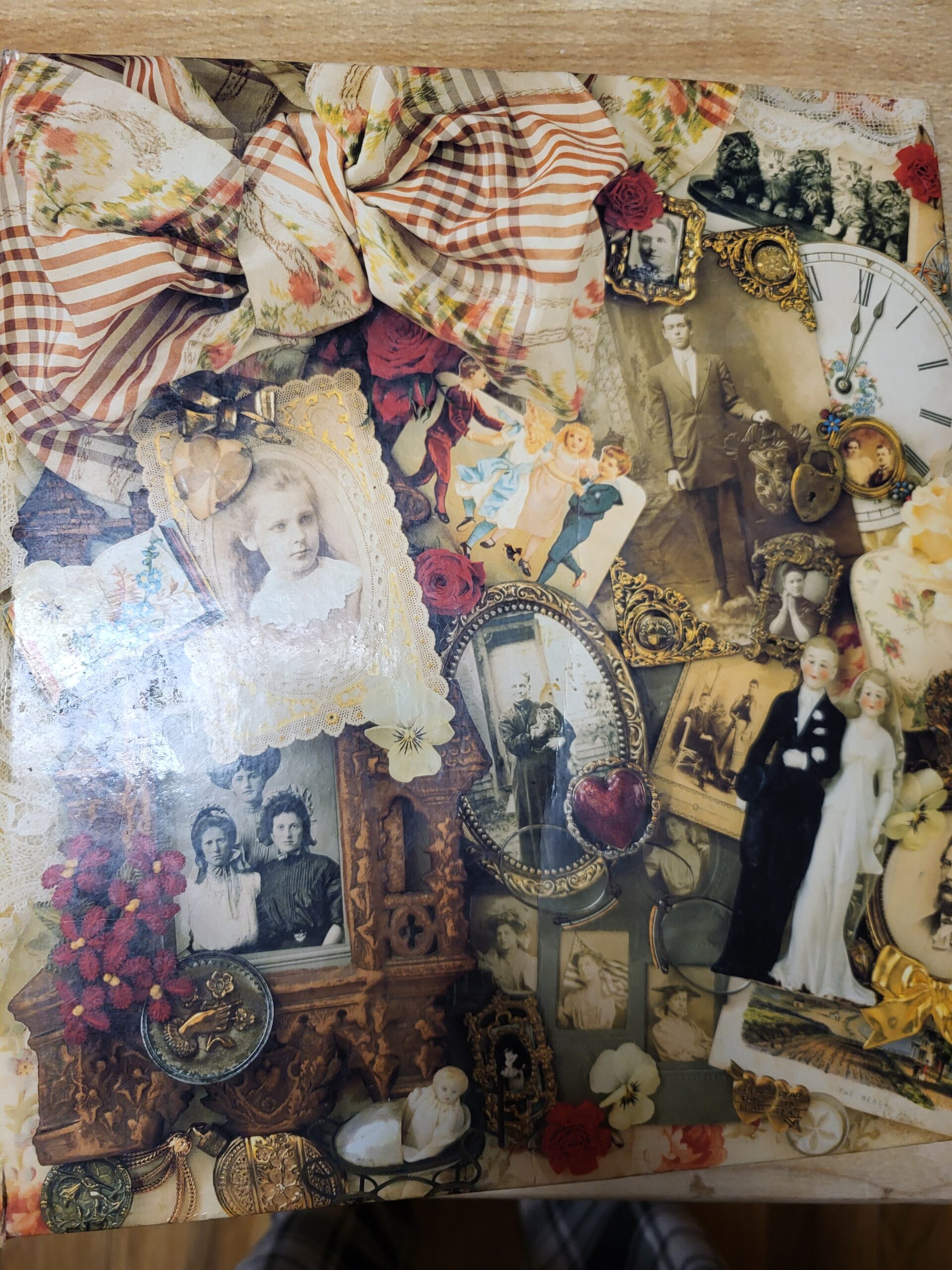
If it is true that capitalism has created more opportunity for more people than any other economic system in world history, it’s equally true that it’s delivered considerable pain – economic and psychological – to the people without whom capitalism could not produce the wealth it does. America’s laborers.
These are hardly new observations.
In the 19th century, as industrialization was quickly changing Europe, three great thinkers were growing alarmed by the damage it was doing to the workers on whose labor capitalism was growing.
Emile Durkheim, who was the first to connect the sharp rise in suicides to industrialization in European countries, warned against the sense of alienation capitalism creates in workers. Max Weber pointed his finger at Protestantism as the culprit in launching a economic system that not only destroyed the lives of workers, but compounded that problem by making them feel as if it’s their fault for their inability to advance economically.
But the most observant critic of capitalism was Karl Marx, who saw in this new economic system a series of inequalities that he believed would destabilize the world economy. As has been noted, Marx was a better diagnostician of the ills of capitalism than he was physician who could cure its ills.
In the now-going-on two centuries since these early critics of capitalism, there has been progress.
We take for granted today the many things that organized labor made possible – the 40-hour work week, employer-sponsored health insurance, guaranteed vacation, unions, paid holidays, and more. And there’s evidence that laborers are coming back into vogue.
As E.J. Dionne noted in the Washington Post:
Workers and organized labor are cool again. Young Americans are the country’s most pro-union generation. Labor has poll ratings most politicians only dream about, and the Biden administration is making workers’ pay, benefits and rights its calling card.
Labor may be cool again, however, it’s no time to celebrate. For laborers are struggling as much today as they were in the Gilded Age, and they face a daunting future.
We need not cite national statistics to prove the point. The evidence is all around us.
In Fredericksburg, almost half the population is ALICE – Asset Limited Income Constrained, Employed. That is, families that are working but are unable to meet their basic needs on their combined incomes. How is that possible?
- Minimum wage has not kept up with inflation. At $15 an hour, the minimum wage may sound attractive, but it’s simply not enough to sustain a family. Add to that the reality that many minimum wage jobs do not come with full-time positions (which would include benefits), and the difficulties of surviving on such a small amount of money is compounded.
- Housing supply and prices are making living harder. For 40 years, Virginia hasn’t had nearly enough new-housing starts to meet the rapid rise in demand the state now faces. The result? Home prices that continue to climb to levels that have priced too many families out of the housing market. Even though the housing market is expected to cool this year, home prices are expected to continue to climb, according to Forbes.
- College is out of reach for more Americans. College has long been seen as the best path out of poverty into the middle class. But the rising cost of college (up 59% from 2000 to 2019, according to USAFacts) has put college out of range for those who need it most. Tuition at Mary Washington University, for example, tops $14,000 a year. That’s a price that will keep many who could attend from attending. There are many reasons for this rapid rise, but placing blame doesn’t solve the problem.
These are just three of the factors working against the poor, which increasingly includes many in the middle class.
E.J. Dionne is right – this Labor Day, there is reason for hope that laborers are taking back some control of their lives.
But given how far we as a nation have fallen, it’s just a drop in the proverbial bucket.
The greatest problem we have? We have sacrificed the common good, for every individual’s right to pursue the greatest good.
The truth is, we work best when we work together, and share equitably in the wealth that we generate.
This Labor Day is a good time to remember capitalism’s early critics; appreciate the problems they raise; and begin to work for the common good, so that capitalism might survive well into the next century.





